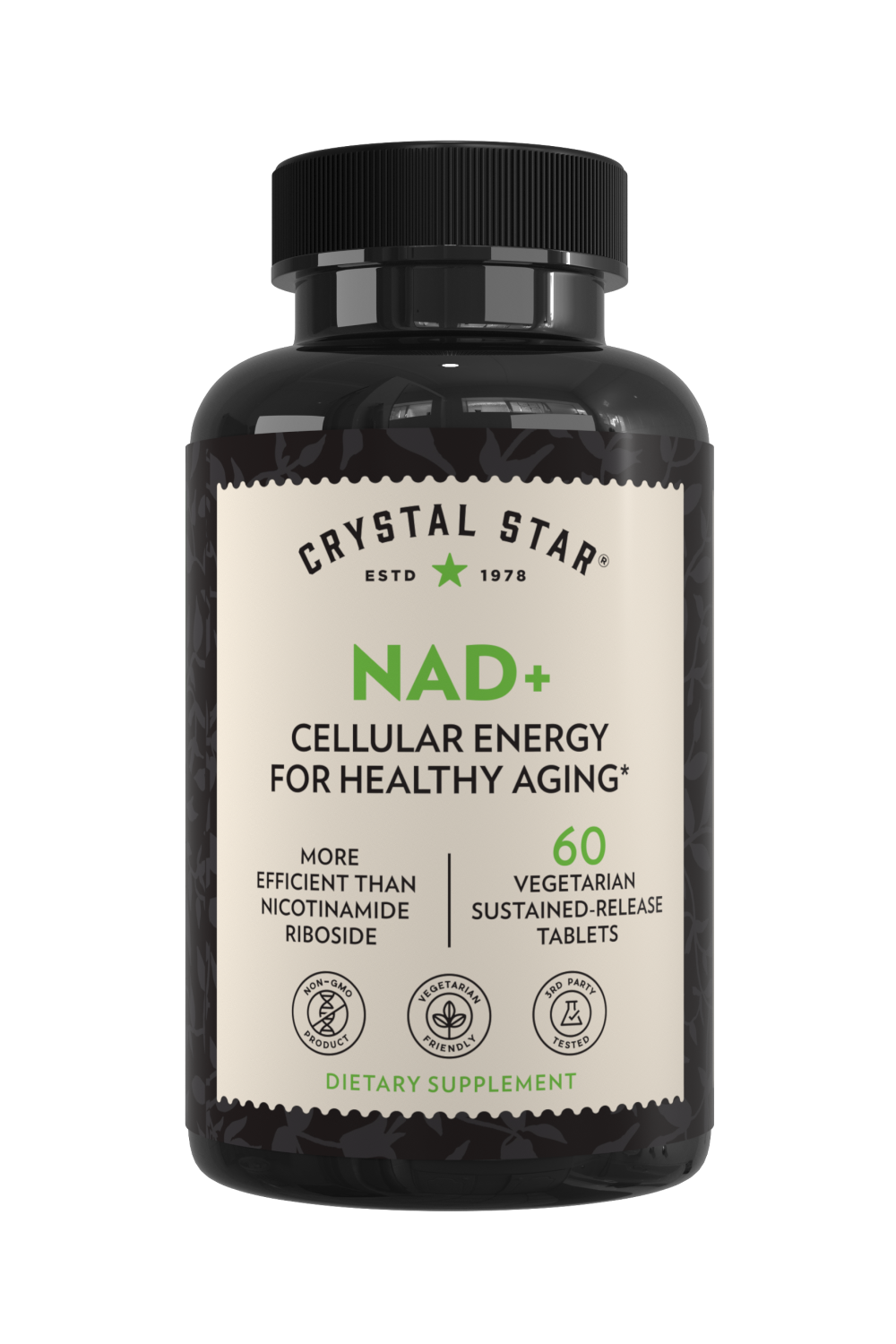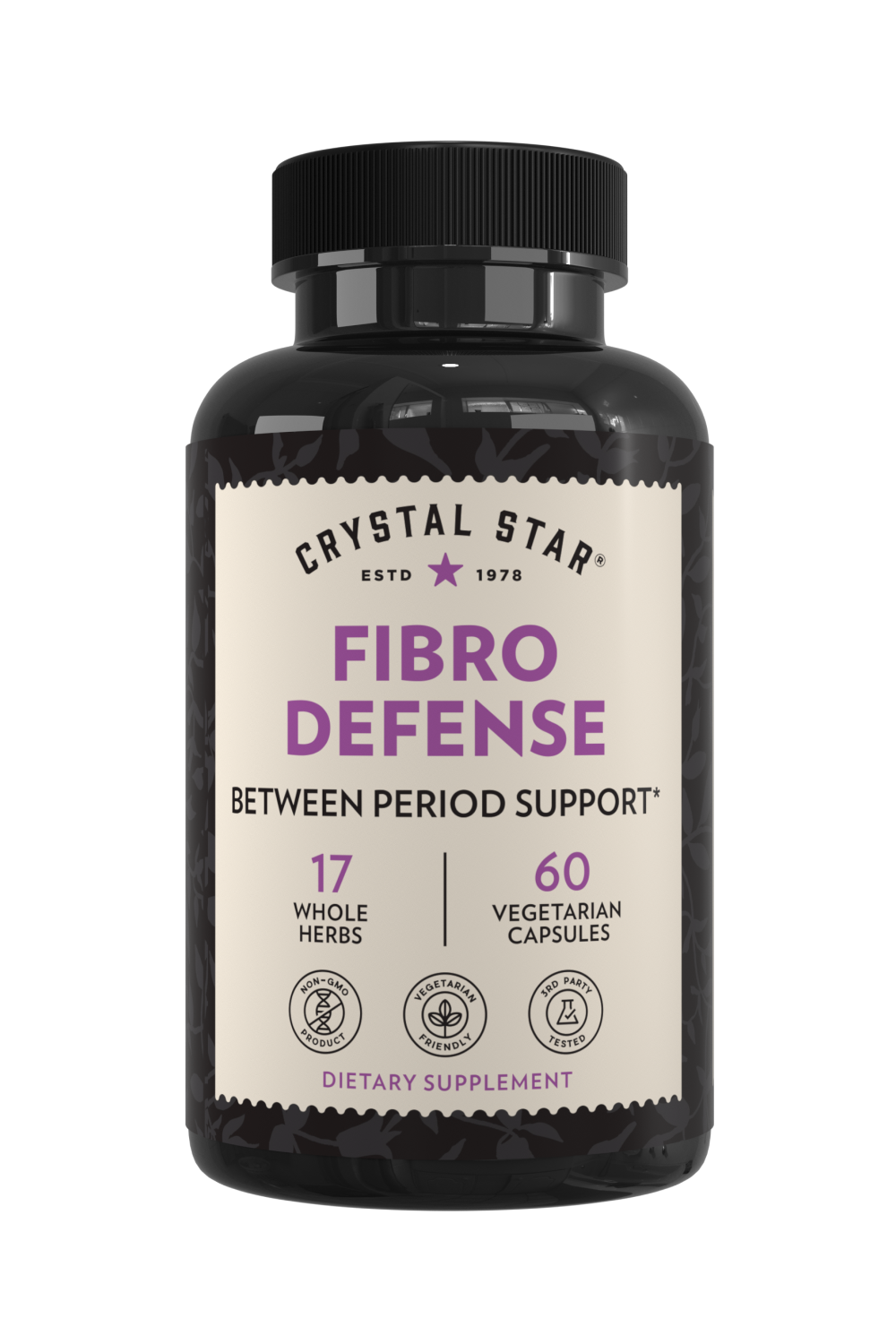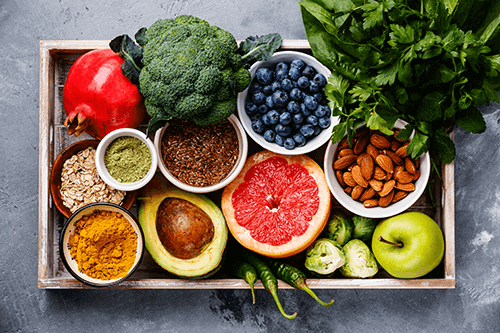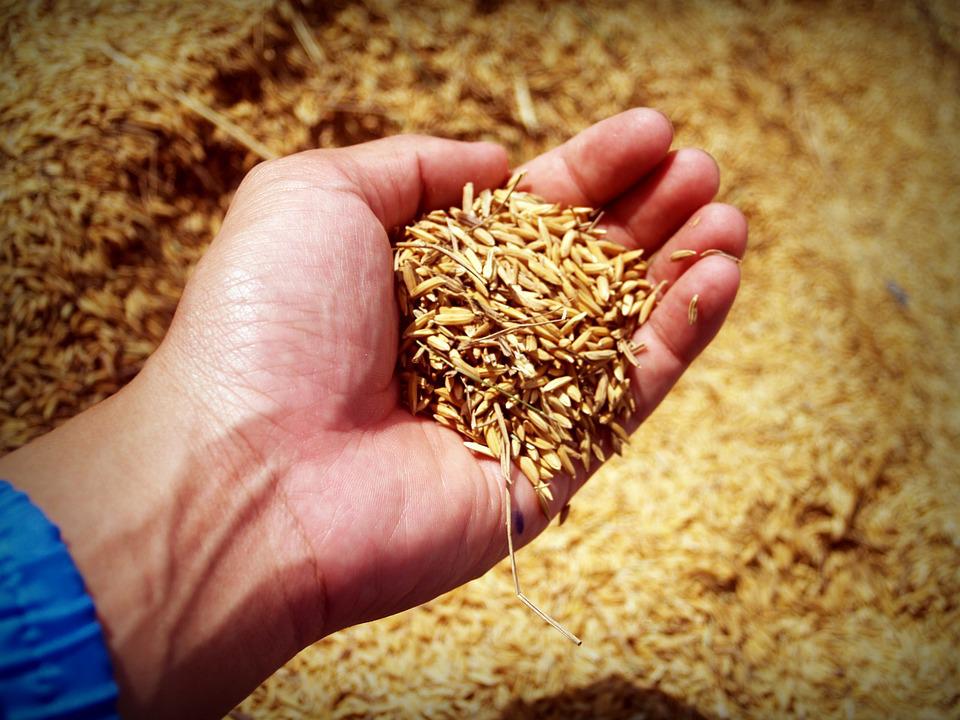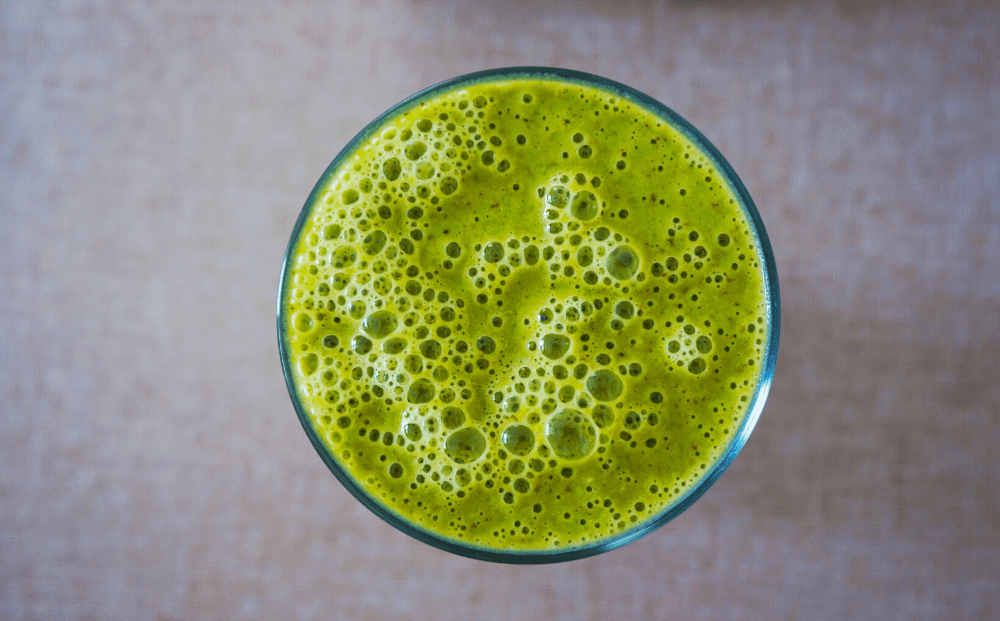
What are the best herbs for headaches?
If you suffer from occasional headaches or migraines, you’re not alone. Headaches are the most commonly felt pain, affecting most people at some point in their lives.
You’re likely familiar with the plethora of commercial headache medications. But what about natural remedies for treating headaches? Are they really effective?
If you might prefer a home remedy for treating your next headache, you’re in luck. There is scientific research on which herbs can relieve tension and even help prevent migraines. In this post we’ll look at some of the best natural ways to relieve headaches.
WHAT IS A HEADACHE, ANYWAY?
Simply put, a headache is pain felt in the head. Headaches may affect the entire head, just one side, or a pinpoint location. Headache pain can range from dull and achy to piercing. The blood vessels in your head are quite sensitive, making them susceptible to pain.
WHAT CAUSES HEADACHES?
Some individuals are more predisposed to experiencing headaches than others. Headaches can also be caused by stress, tension, light exposure, chemical activity in the brain, and by action of the blood vessels and nerves in your head.Diet can also trigger headaches. One person’s triggers may not be another’s. But foods to watch out for include alcohol, beans, cheeses, and processed meats. Caffeine can trigger headaches in some but can actually help reduce headache pain in others.
WHAT ARE THE COMMON TYPES OF HEADACHES?
Headaches are classified into two types: primary and secondary. The major difference is that secondary headaches are a byproduct of another problem, while primary headaches are problems unto themselves.Migraine headaches and tension headaches are the two most common primary headaches. The most common secondary headache is a sinus headache, which can occur with sinus infection.
WHAT HERBS HELP WITH HEADACHES? Some of the most commonly recommended herbs for headaches include butterbur, feverfew, ginger, lavender, and peppermint. Let’s take a look into the research on their effectiveness.
CAN BUTTERBUR HELP PROTECT AGAINST MIGRAINES?
There is evidence that butterbur can help prevent migraines. Butterbur is a shrub that has been used medicinally since at least the Middle Ages. It is used to help symptoms of hay fever, upset stomach, UTIs, and headaches.
Two studies cited by the review found the medicinal power of butterbur to be in its extract, Petasites hybridus. Taking 50 or 75 mg of this extract daily reduced migraine frequency.
Petasites hybridus is generally well tolerated, although one study noted the side effect of increased burping. Raw butterbur, however, can cause liver damage due to its pyrrolizidine alkaloid (PA) content. Therefore, seek butterbur supplements that are labeled PA-free.
CAN FEVERFEW HELP WITH HEADACHES?
Feverfew is a traditional medicine once known as “medieval aspirin.” While some use it for headaches, research into its effectiveness has been mixed.A research review from 2015 found overall light evidence for feverfew’s effectiveness. One reviewed study found taking a feverfew supplement resulted in 0.6 fewer migraines per month over placebo.
Other reviewed studies were less impressive. Three studies showed positive effects of feverfew but had small sample sizes. And two studies with large sample sizes did not find a significant difference between feverfew and placebo.
Although the breakthrough study on feverfew and migraines may be yet to come, this flowering plant does have other benefits. A 2011 review concluded that feverfew can reduce pain, fever, and inflammation.
CAN GINGER TEA COMBAT HEADACHE SYMPTOMS?
Sipping a warm cup of ginger tea may help soothe headache pain. The medicinal benefits of ginger are well established, including its antioxidant and anti-inflammatory compound called “6-gingerol.”A 2014 study compared ginger powder to the drug sumatriptan, used to treat migraines. Both treatments decreased migraine severity, with ginger powder found to be statistically comparable. Meaning that when it comes to soothing migraines, ginger is some of nature’s best medicine.
Ginger powder is available as a supplement. Another option is ginger tea. Brewing your own tea is as simple as slicing ginger root into rounds, boiling it, and adding honey to taste.
CAN ESSENTIAL OILS RELIEVE HEADACHES?
There is evidence that both lavender oil and peppermint oil can help when you have a headache.A 2016 study found peppermint oil to be effective at treating tension headaches when applied to the temples. The peppermint oil should be diluted with a carrier oil (such as coconut oil) before application.
Lavender oil, long known for its relaxing effects, is also effective in treating headaches. In a 2012 study, people with migraines who breathed in lavender oil for 15 minutes reported decreased headache severity and fewer associated symptoms.
For more information on essential oils, check out What are essential oils and how can you use them?.
CONCLUSION ON NATURAL HEADACHE REMEDIES Nearly everyone will suffer from a headache at one point or another, but there are effective natural treatments that can make headaches less frequent and less severe.
Butterbur can help prevent migraines, while lavender oil or ginger tea can help alleviate them. Peppermint oil helps reduce tension headaches. Feverfew may be another herb to consider for preventing migraines, although evidence for it is not as strong as other remedies.
Contending with headache pain can be frustrating, exhausting, or even debilitating. There’s never a fun time to have a headache. But it’s good to know that there is data-backed relief available showing that some plant-based remedies are effective, accessible, and completely natural.

